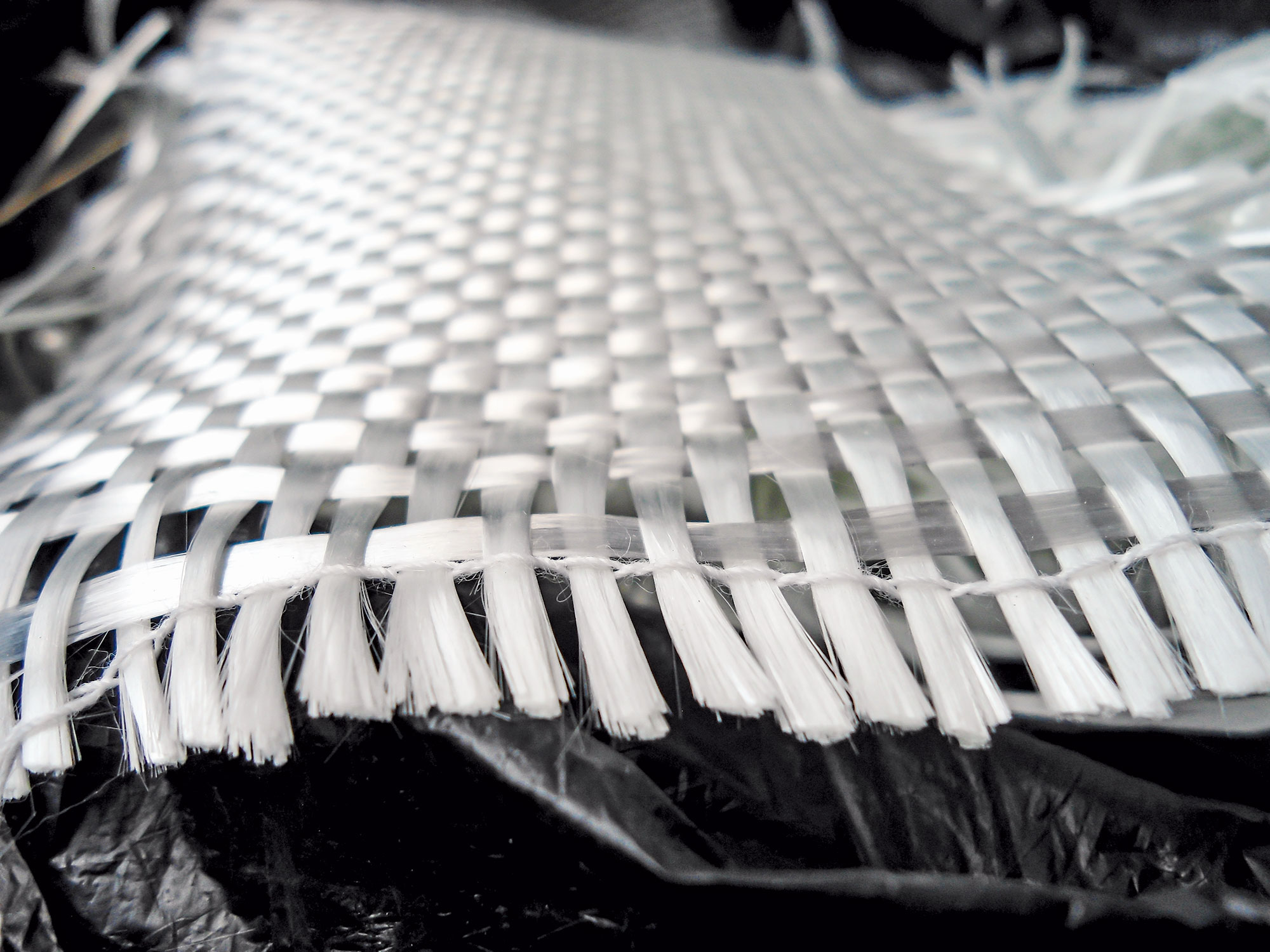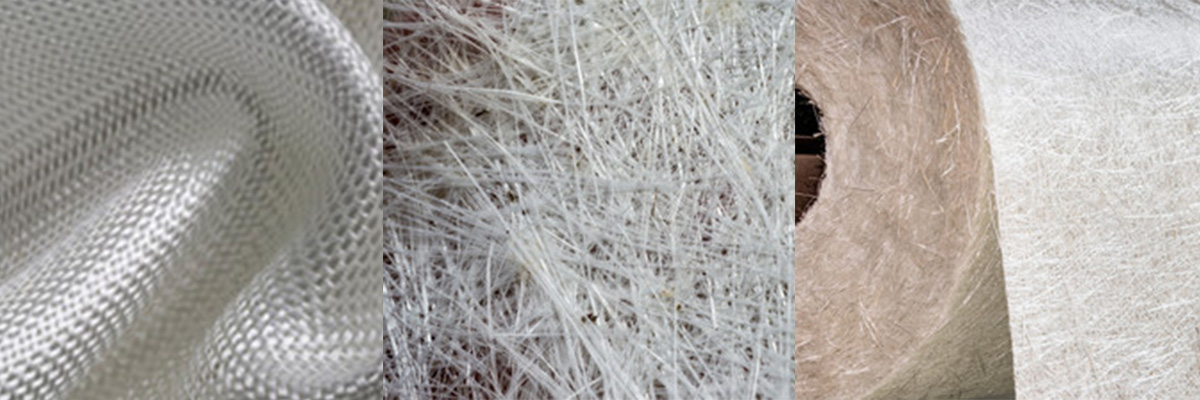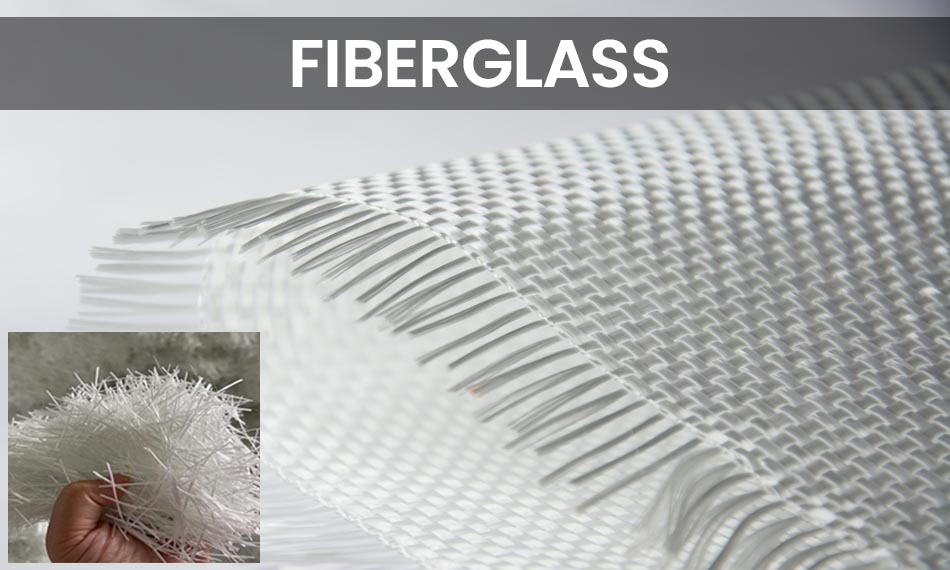Fiberglass Reinforced Tube Good For Telescope

Ever looked up at the night sky and felt a little bit of wonder? Like, "Wow, what's really out there?" Well, imagine getting a super-powered peek at all that cosmic magic. And guess what? Sometimes, the coolest tools for this adventure are made from something you might not expect: fiberglass reinforced tube!
Yep, you heard that right. That stuff that makes things strong and light, like in boats or even some fancy car parts, can be your ticket to exploring the universe. Think of it like this: if a regular telescope tube is like a cardboard paper towel roll (not very sturdy, prone to wobbling), a fiberglass reinforced tube is like a super-duper, space-grade, indestructible pipe. It’s a serious upgrade for any stargazing enthusiast.
So, why is this fiberglass reinforced tube such a big deal for telescopes? It all boils down to a few super-important things. First off, telescopes need to be incredibly steady. When you're trying to zoom in on a tiny planet or a distant galaxy, even the slightest jiggle can make your view blurry. Imagine trying to read a tiny word from across a room while someone is gently shaking your hand. Not easy, right? A fiberglass reinforced tube is like giving your telescope super-firm hands. It resists bending and twisting like a champ.
This steadiness means you get to see things much, much clearer. You'll be able to spot the rings of Saturn with amazing detail, maybe even see the moons of Jupiter dancing around it. And for those deep-sky objects, like nebulae that look like giant cosmic clouds or galaxies that are millions of light-years away, the clarity you get with a good fiberglass reinforced tube is simply breathtaking. It's like the universe decided to hand you a high-definition upgrade.
But it's not just about being stiff and unmoving. These tubes are also surprisingly light. Think about lugging a big telescope out into your backyard on a chilly night. If it’s made of heavy metal, you might need a helper and a wheelbarrow! A fiberglass reinforced tube telescope, on the other hand, can be much lighter. This makes it easier to set up, take down, and even transport if you want to chase clear skies away from city lights. More stargazing, less heavy lifting – that’s a win-win in my book!

And here's another cool thing: fiberglass reinforced tubes are fantastic at dealing with temperature changes. You know how metal can expand when it's hot and shrink when it's cold? This can mess with the delicate alignment of your telescope’s mirrors or lenses. Fiberglass doesn’t do that as much. It stays pretty much the same size, no matter the weather. This means your telescope will keep performing its best, night after night, without you having to constantly fiddle with it. Less adjusting, more admiring. Perfect!
It's honestly quite magical when you think about it. Here’s this humble material, fiberglass reinforced tube, helping us connect with the vastness above. It’s like a secret bridge to the stars. You might see a beautiful telescope, sleek and ready for action, and not even realize the unsung hero behind its performance is this amazing composite material. It’s the behind-the-scenes superstar of astronomical observation.

Imagine the first time you saw a really clear image of the Moon through a telescope. It’s like the craters popped out at you, right? Now imagine that feeling, but amplified. That’s what a good telescope, built with something like a fiberglass reinforced tube, can offer. It brings the distant into your grasp, making the impossible seem suddenly real.
There's a certain elegance to it, too. It’s not just about the science; it’s about the experience. The quiet hum of the motors (if it’s a computerized telescope), the cool night air, and then, BAM! A stunning view that makes you feel incredibly small and incredibly connected at the same time. And a sturdy, reliable tube, like one made from fiberglass reinforced tube, is the silent guardian of that experience. It’s the foundation upon which your cosmic adventures are built.

So, next time you're browsing for a telescope, or even just admiring one, take a moment to appreciate the materials that make it work. That fiberglass reinforced tube might just be the reason you're able to see those distant wonders with such clarity and joy. It's a testament to how clever engineering can open up entire universes for us to explore, one light-year at a time. It really makes you think, doesn't it? What other everyday materials are secretly helping us achieve extraordinary things?
It’s this blend of practicality and wonder that makes the fiberglass reinforced tube so special in the world of telescopes. It's not just a piece of equipment; it's an enabler of dreams, a quiet companion on our journey through the cosmos. So go ahead, be curious. The stars are waiting, and with tools like these, they're closer than you think!
